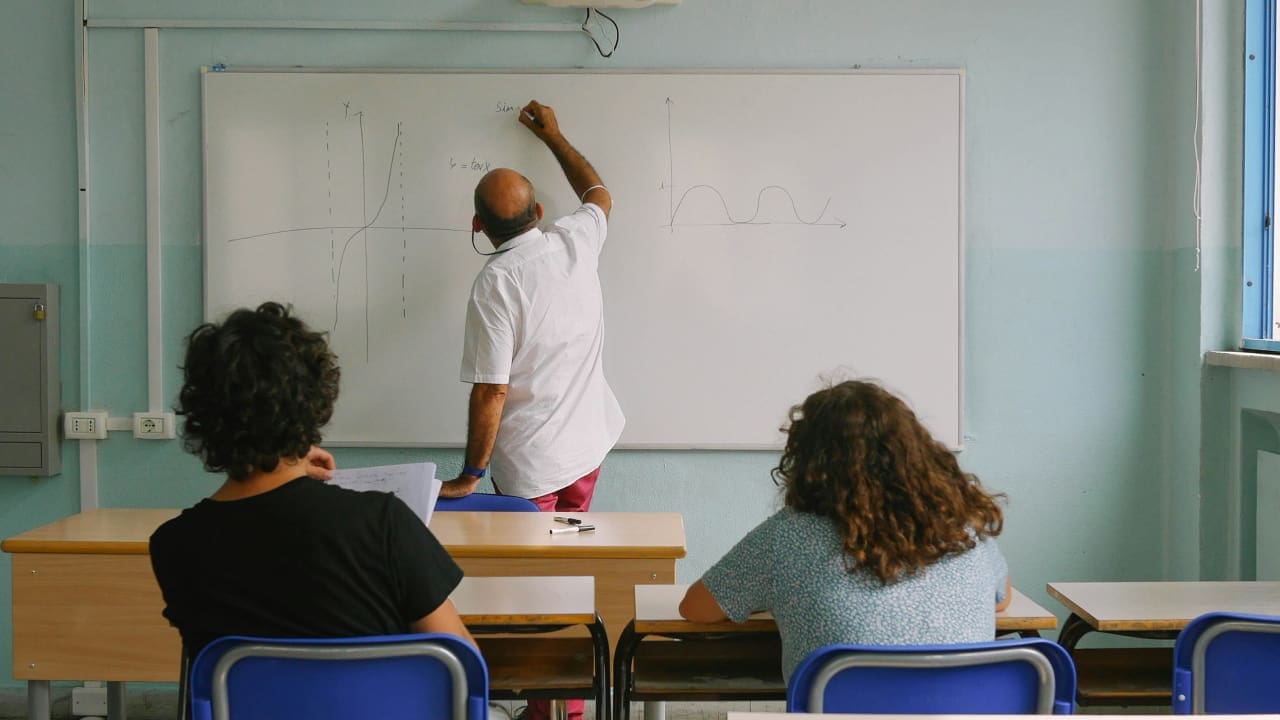- The dismantling of US aid funding to Africa could have significant effects on the local education sector.
- Governments could be forced to look for other allies for funding or even embrace private partners more.
- US President Donald Trump called for the dismantling of the US Aid programme, firing all of its staff and cutting millions in funding in the process.
Before the recent culling of US Aid funding to Africa and the rest of the world, the United States had been spending around $500 million on education in Africa every year, according to the World Bank. With this huge amount of funds drying up thanks to the Donald Trump administration, there is a belief that it will force countries in Africa to seek other avenues to continue providing quality education to learners.
At least this is the thought of South African education analyst and CEO of online education platform IDEA, Dr Corrin Varady.
“Education programmes in many African nations have long been shaped by donor-driven policies and agendas, which, while well-intentioned, can sometimes fail to align with the critical needs of students due to a lack of contextual understanding,” he explained in an email to Hypertext, adding that schools will need to lean on private sector partners for guidance.
“Now, with the global funding shakeup, it is crucial to strengthen national ownership of education delivery – ensuring that content, curricula, and learning frameworks reflect local realities. This requires guidance from public and private sector partners on the ground, rather than distant policymakers imposing global decision-making patterns.”
Trump and members of his administration have not only pulled US Aid funding worldwide, but they dismantled the organisation that oversaw the funding. Its employees worldwide were laid off and its website was taken offline all in the spirit of supposedly saving US taxpayers money.
Varady believes that South Africa, now bereft of large portions of US aid in education, may seek to strengthen its engagement with partners in the BRICS bloc “inspiring similar shifts across the continent, not just in trade but in the economics of education as well.”
He says that despite the change in funding, South Africa and other African nations must not allow for education systems, and more importantly, the learners themselves to be used as pawns in a wider political play.
Instead, “Governments should invest in long term locally created and run private sector initiatives that deliver real impact, rather than relying on agenda-driven aid projects which sometimes serve as bureaucratic tick boxes.”
Public education should foster a larger relationship with private organisations, and find incentives for private and public organisations to work together “more openly so that both are accountable in procurement decisions.”
“The shift in the aid environment, if seen as a new horizon for the Global South, will enable African nations to shape their own educational identities, decolonising their education systems and influencing global education standards,” says Varady.
“The US executive order is being seen by some as an attack, but in education we must see this as a catalyst for change, driving a resilient and independent education model prioritising learners’ over foreign funding interests.”

